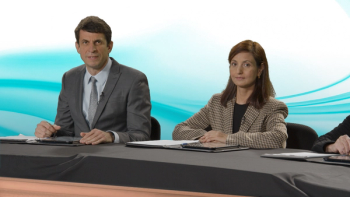
Seema Ali Bhat, MD, explains the SEQUOIA trial and the BTK inhibitor zanubrutinib for the frontline treatment of CLL, and Alexey Danilov, MD, PhD, describes the ASCEND trial that led to the approval of acalabrutinib for relapsed CLL.

Your AI-Trained Oncology Knowledge Connection!


Seema Ali Bhat, MD, explains the SEQUOIA trial and the BTK inhibitor zanubrutinib for the frontline treatment of CLL, and Alexey Danilov, MD, PhD, describes the ASCEND trial that led to the approval of acalabrutinib for relapsed CLL.
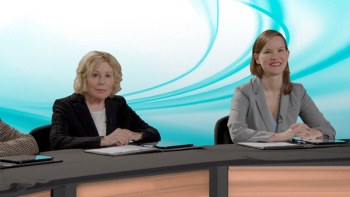
Catherine Coombs, MD, reviews data on BTK inhibitors ibrutinib, acalabrutinib, and zanubrutinib in the first-line treatment of CLL, and how she approaches selecting the appropriate BTK inhibitor in practice.
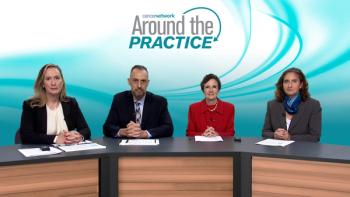
The panel closes their discussion by musing on the future of HER2 mBC treatments.

An expert from the Duke University School of Medicine describes how the FDA approval of tucatinib plus trastuzumab in HER2-positive metastatic colorectal cancer will improve access to treatment.
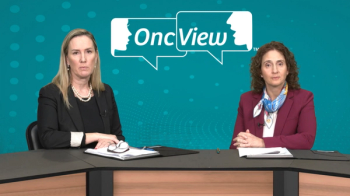
Virginia Kaklamani, MD and Heather McArthur, MD, MPH close by sharing exciting prospects in metastatic breast cancer treatment.

Discussion centered around new HER2-low data and treating patients with HER2-low breast cancer effectively.
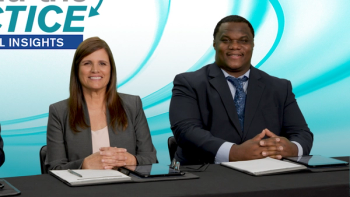
Shared insight from experts in multiple myeloma on the real-world utilization of induction therapy and transplant for patients with newly diagnosed disease.
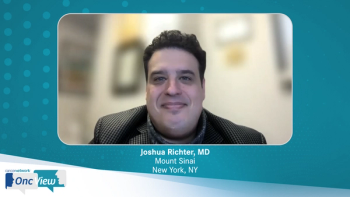
Expert oncologist Joshua Richter, MD, defines triple-class refractory multiple myeloma and describes selinexor’s unique mechanism of action.
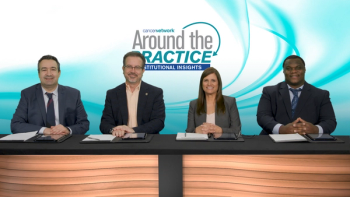
Experts from the Moffit Cancer Center share insight on induction therapy strategies and optimization for patients with transplant-eligible newly diagnosed multiple myeloma.

Joshua Richter, MD, gives an overview of treatment options in multiple myeloma and factors that influence treatment decisions.
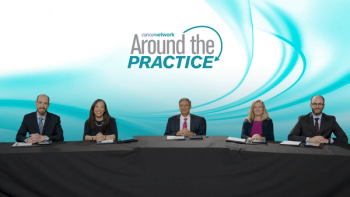
In light of recent clinical trial data, key opinion leaders reflect on the appropriate selection of transplant for patients with newly diagnosed multiple myeloma.
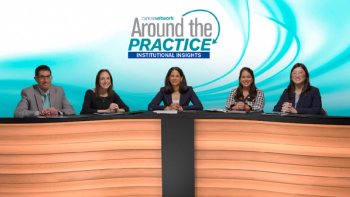
Experts share brief insights on novel agents in development for HER2+ breast cancer and consider how they may impact the treatment landscape.

Opening discussion on the management of transplant-eligible newly diagnosed multiple myeloma, expert panelists consider the role of quadruplet therapy and transplant in this setting.

Centering discussion on trastuzumab deruxtecan use in HER2+ metastatic breast cancer, experts elucidate adverse event management and concurrent radiation therapy.

An expert from Natera discusses ctDNA’s predictive and prognostic value in resectable colorectal cancer based on data from the GALAXY cohort of the CIRCULATE-JAPAN platform study.
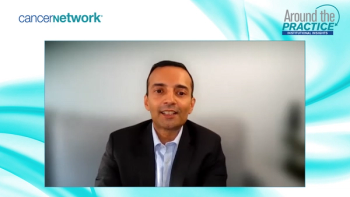
Centering discussion on the final patient case, experts review the case of a patient with relapsed/refractory multiple myeloma managed with FcRH5-targeting bispecific cevostamab.
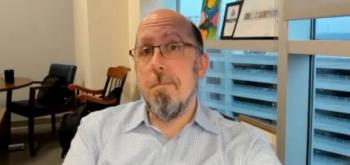
An expert from Rutgers Cancer Institute discusses ongoing research for mosunetuzumab in relapsed/refractory follicular lymphoma, as well as the importance of deploying the agent in the community setting.
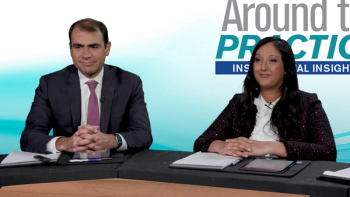
Considerations for the integration of GPRC5-targeted therapy into the real-world treatment paradigm of relapsed/refractory multiple myeloma.

An expert from Natera describes where future research needs to be focused for circulating tumor DNA testing in patients with colorectal cancer following the CIRCULATE-Japan study.
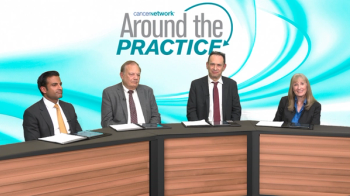
After briefly addressing resistance to endocrine therapy, expert panelists broadly review novel treatment modalities in the setting of HR+ metastatic breast cancer.

Expert perspectives review a case of relapsed HR+ metastatic breast cancer and consider treatment options available in the second line and beyond.

An expert from Rutgers Cancer Institute indicates that mosunetuzumab may limit unmet needs commonly associated with CAR T-cell therapy such as cost, tolerability, and access.

An expert from Natera shares multidisciplinary takeaways from the GALAXY cohort of the CIRCULATE-Japan study, assessing circulating tumor DNA as a prognostic biomarker for resectable colorectal cancer.
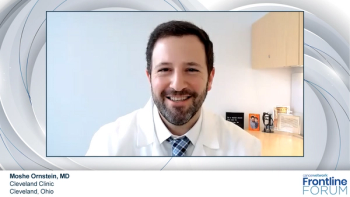
Contextualizing discussion with clinical trial data and real-world experience, expert hematologist-oncologists consider the role of adjuvant therapy in managing advanced RCC.
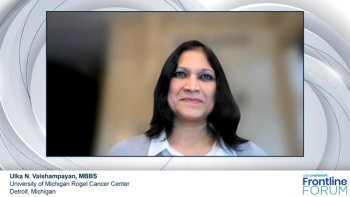
Shared insight from Ulka N. Vaishampayan, MBBS, and Moshe Ornstein, MD, on unmet needs in the setting of clear cell and non–clear cell renal cell carcinoma.
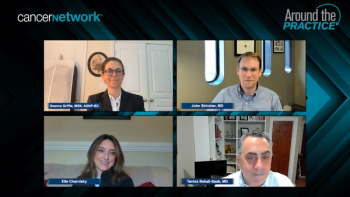
The panel closes by highlighting currently unmet needs in the treatment and management of metastatic colorectal cancer.
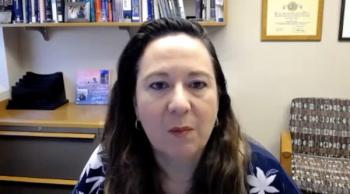
Judy C. Boughey, MD, of Mayo Clinic in Rochester, Minnesota details the efficacy of breast-conserving surgery in patients with multiple ipsilateral breast cancer.

An expert from Rutgers Cancer Institute reviews data that lead to the approval of mosunetuzumab for patients with relapsed/refractory follicular lymphoma.

Judy C. Boughey, MD, of Mayo Clinic in Rochester, Minnesota, details the multidisciplinary work that goes into delivering breast-conserving therapy for patients with multiple ipsilateral breast cancer.

A brief review on how best to use MRI following CNS-directed radiation therapy in patients with HER2+ metastatic breast cancer.